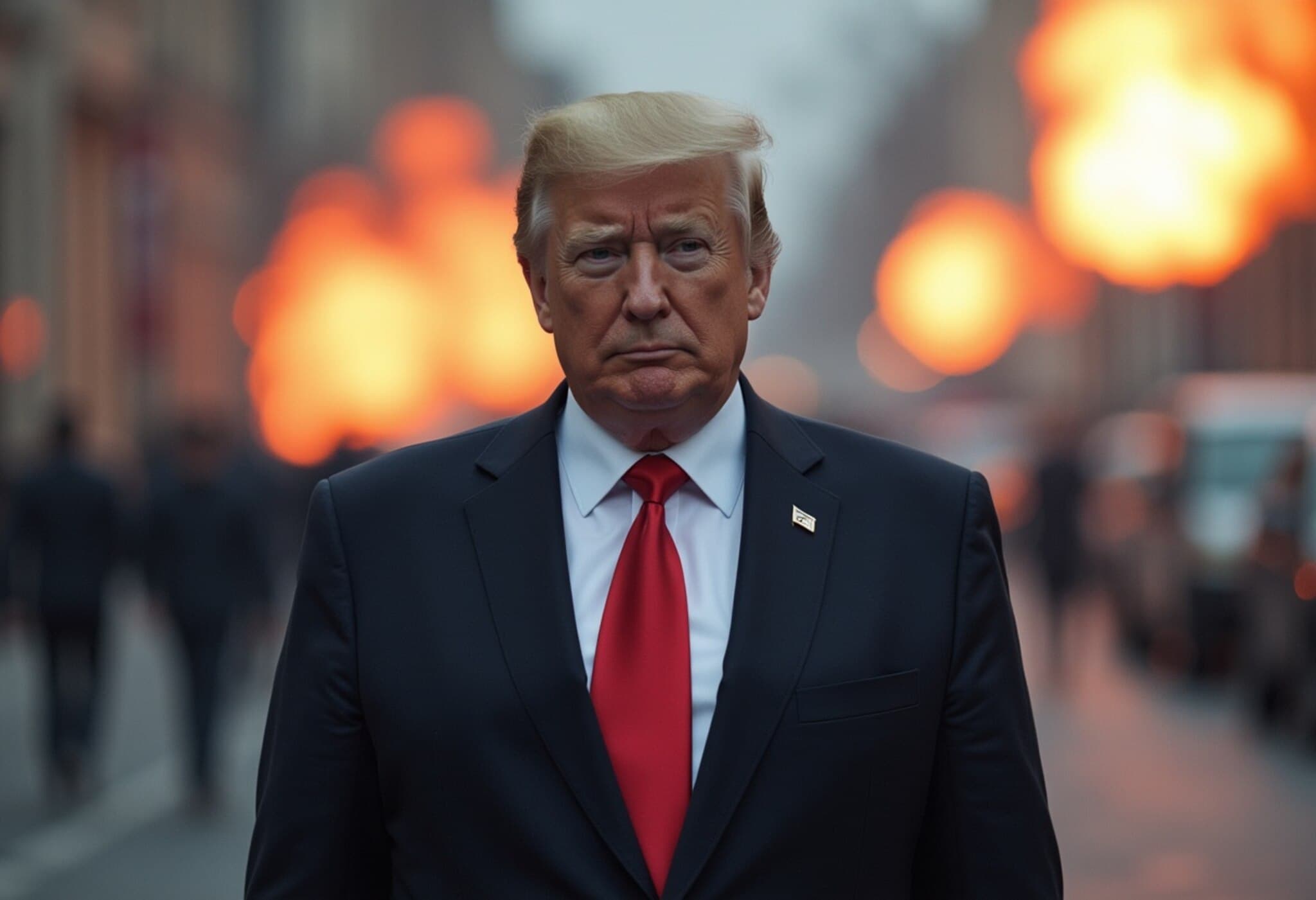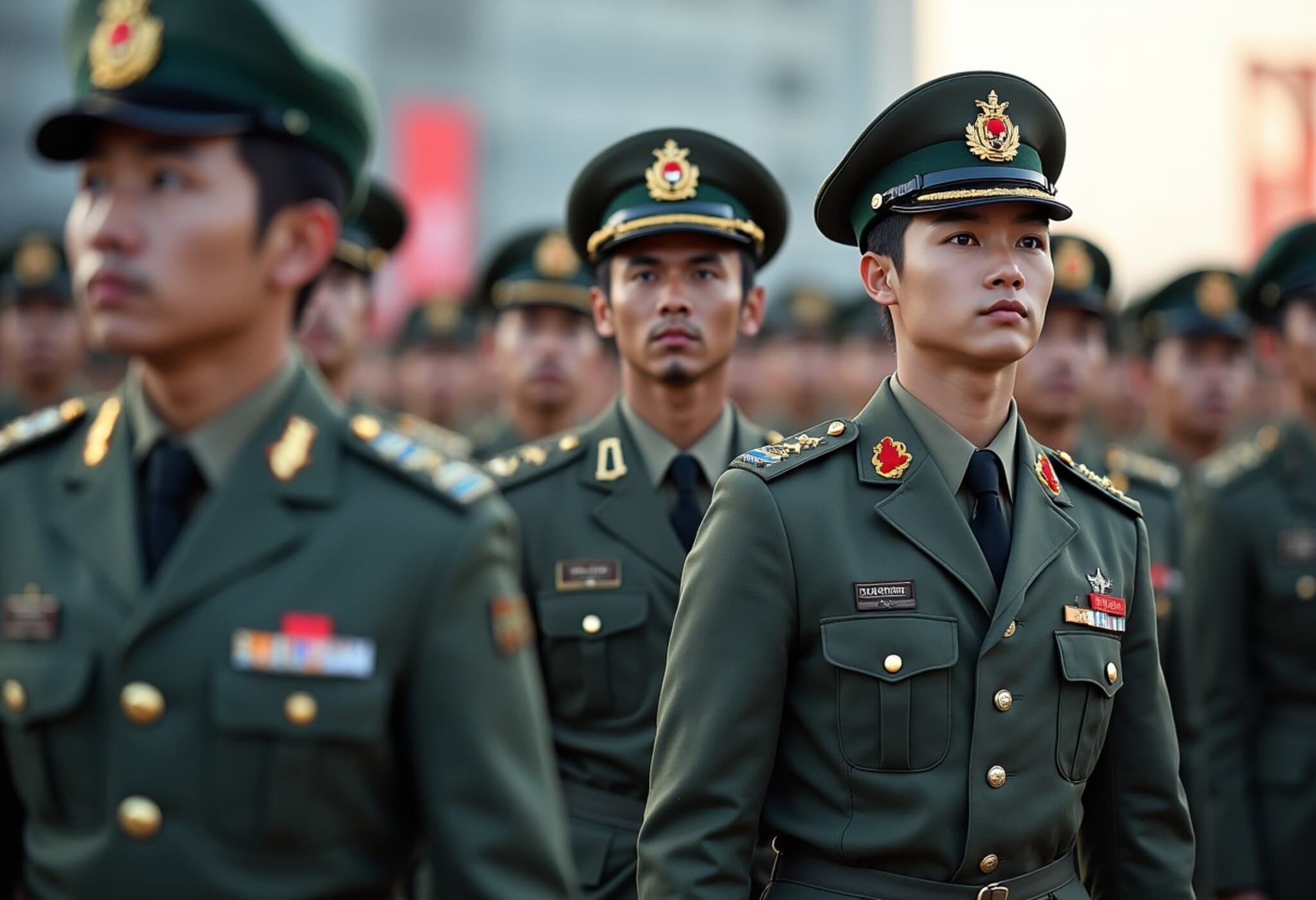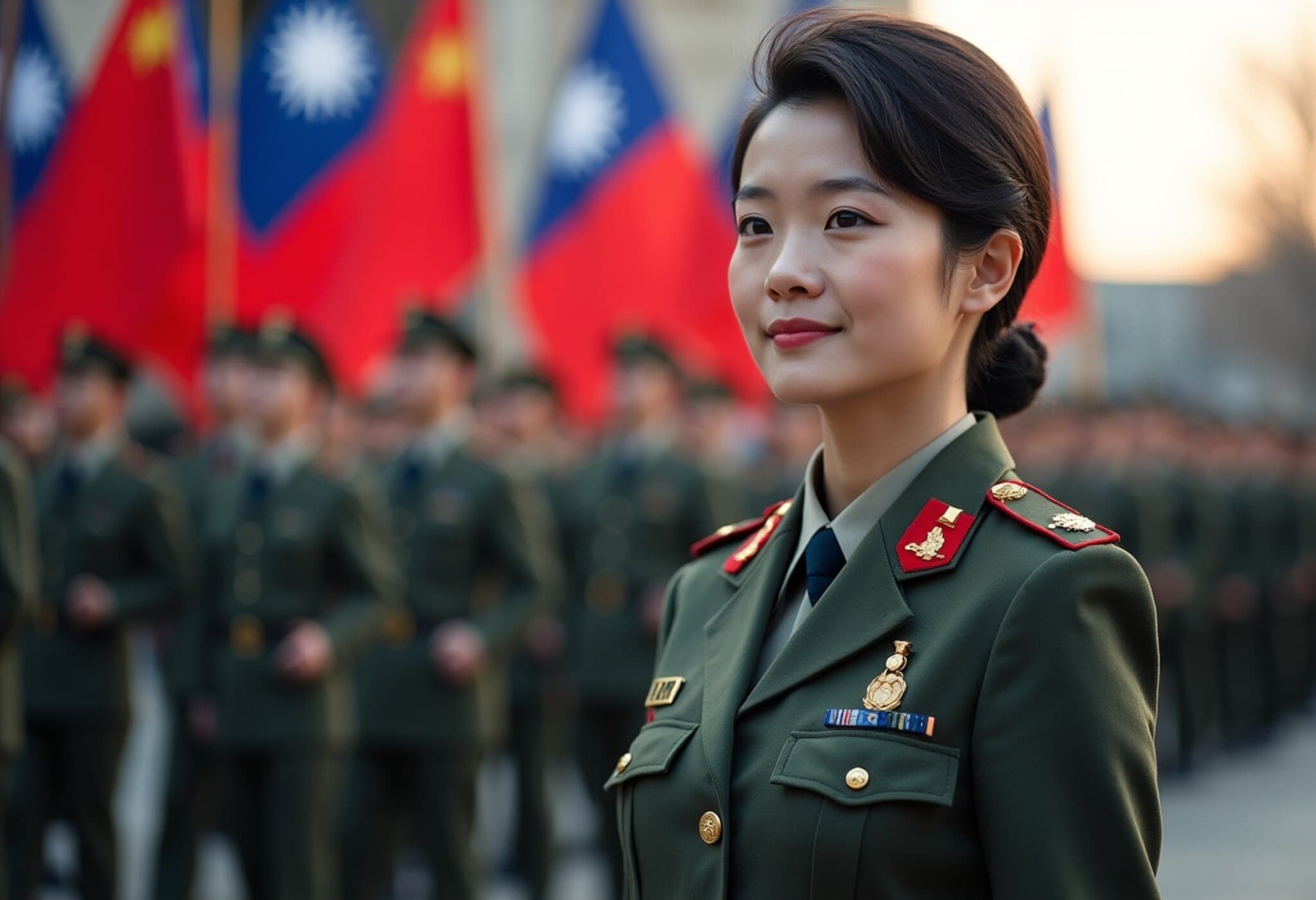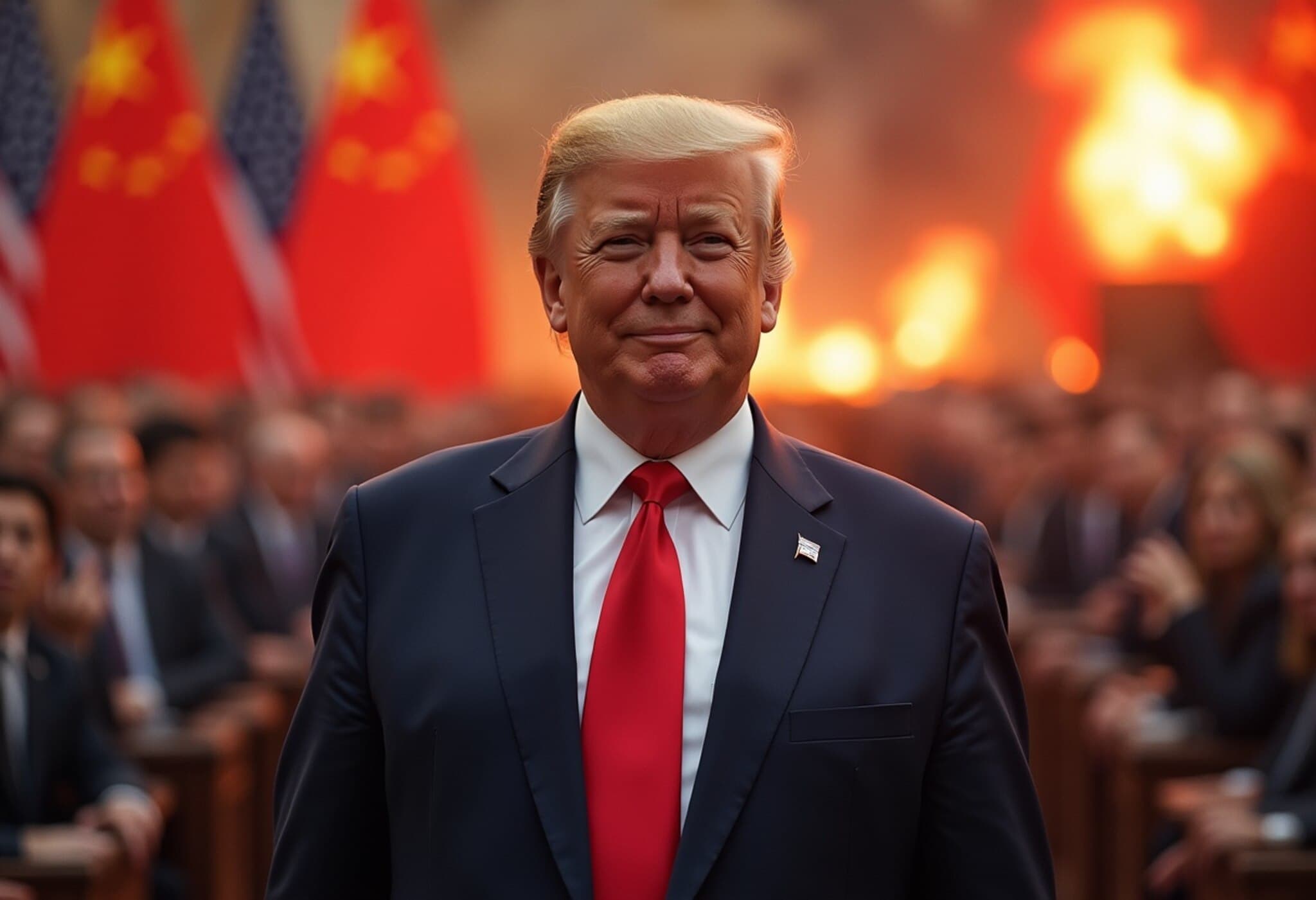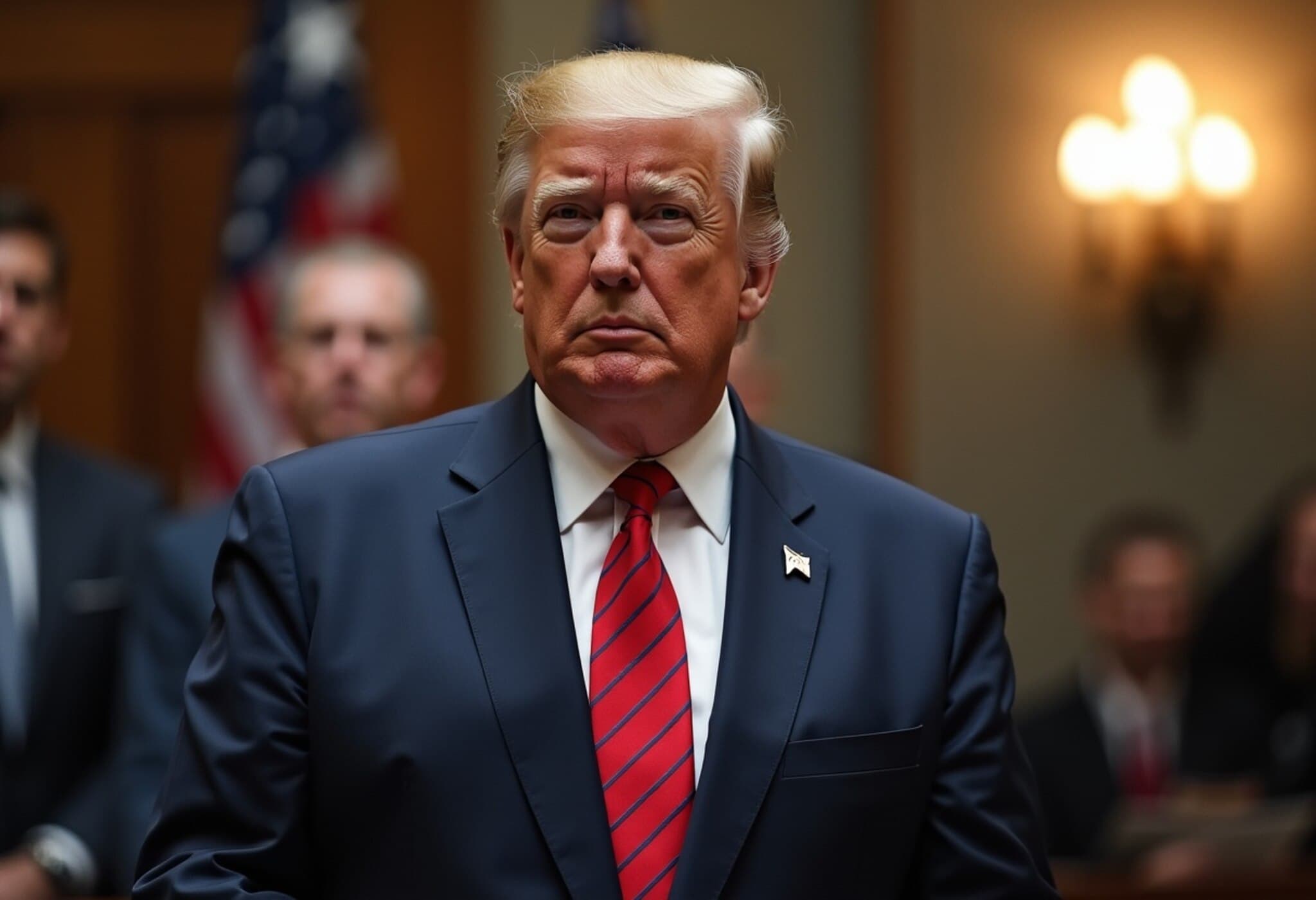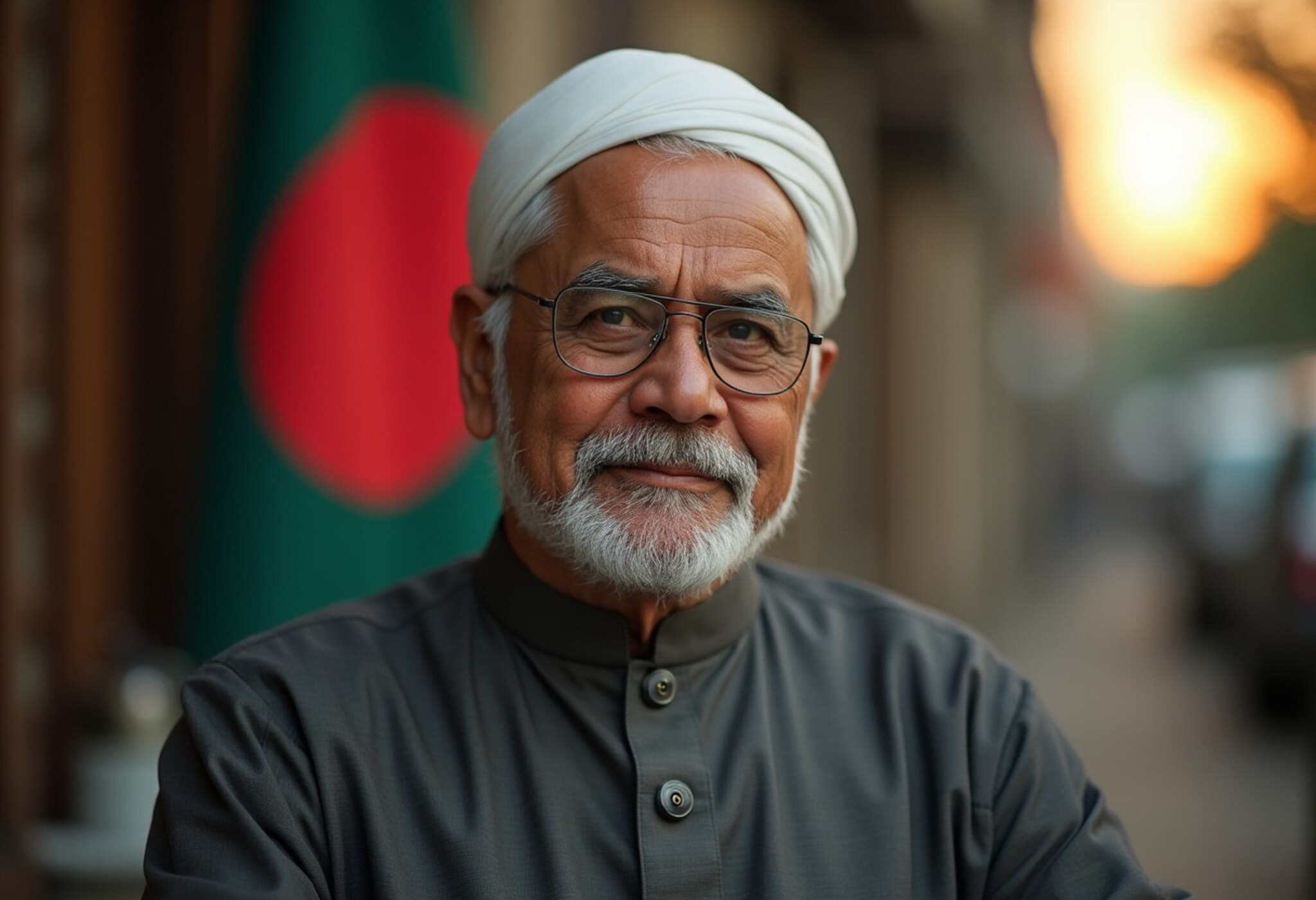Russia Officially Withdraws from Cold War Era Nuclear Moratorium
In a decisive move fueled by growing geopolitical tensions, Russia announced on August 5, 2025, that it will no longer abide by a longstanding nuclear arms treaty with the United States. The Kremlin declared it would resume deployment of short- and intermediate-range nuclear missiles, marking a significant escalation in the fraught post-Cold War nuclear landscape.
Medvedev Calls Out NATO, Signals Further Action
Russia’s Deputy Chair of the Security Council, former President Dmitry Medvedev, directly blamed NATO for dismantling the moratorium by pursuing an aggressive anti-Russian posture. On the social media platform X (formerly Twitter), Medvedev warned, “This is a new reality all our opponents will have to reckon with. Expect further steps.”
The Russian Foreign Ministry echoed this sentiment, explicitly stating that Moscow “no longer considers itself bound by its previously adopted self restrictions” under the Intermediate-Range Nuclear Forces (INF) Treaty. The Ministry pointed out that the United States has already initiated deployment of similar missiles in Europe and Asia.
Context: The INF Treaty and Its Demise
Signed in 1987 between the US and the Soviet Union, the INF Treaty was a landmark Cold War arms control agreement. It eliminated an entire category of ground-launched missiles with ranges between 500 and 5,500 kilometers. The treaty’s enforcement led to the destruction of more than 2,600 missiles on both sides, significantly reducing Cold War tensions.
However, in 2019, then-US President Donald Trump formally withdrew from the treaty, alleging consistent Russian violations. Washington accused Moscow of deploying prohibited missile systems, accusations Russia denied while simultaneously stating they would not deploy such weapons unless the US did.
Following this withdrawal, both powers have taken steps indicating a strategic pivot away from longstanding arms control agreements, causing renewed unease across the global security community.
US Reacts by Enhancing Nuclear Posture
In the wake of Russia’s announcement, former President Donald Trump stated he was repositioning two US nuclear submarines as a deterrent measure “just in case these foolish and inflammatory statements are more than just that.” Trump emphasized the importance of words in international diplomacy, warning they could carry consequences beyond rhetoric.
Geopolitical Implications: A Return to Nuclear Brinkmanship?
This development underscores an alarming trend of unraveling arms control frameworks essential for global strategic stability. Experts warn that the resumption of intermediate-range missile deployments by Russia and the United States could trigger a cascading arms race, destabilizing regions far beyond bilateral tensions.
The situation is especially volatile in Europe and Asia, where deployments could alter the balance of power and increase the risk of miscalculations. The breakdown of the INF Treaty also complicates future diplomatic efforts to reestablish trust and verify compliance with any potential new agreements.
Unseen Dimensions: The American and Global Stakes
- Strategic Relevance: The US seeks to maintain strategic superiority in the Indo-Pacific as China’s missile capabilities advance, making missile deployment decisions tightly linked to broader geopolitical competitions.
- Diplomatic Challenges: The erosion of arms control agreements diminishes platforms for dialogue, heightening the risk that conflicts could escalate unknowingly or unintentionally.
- Global Security Concerns: Regional actors now face pressure to recalibrate their own security doctrines, potentially spurring arms build-ups in Southeast Asia, Eastern Europe, and beyond.
Looking Ahead
The breaking down of nuclear treaties between major powers sends ripples across international security architectures. It reignites difficult questions about how modern arms control can evolve in a multipolar world marked by resurging great power rivalry.
As Russia and the US brace for further moves, policymakers and civil society alike are challenged to rethink the frameworks that have historically prevented nuclear escalation to this degree—and to explore innovative paths toward renewed dialogue and risk reduction.
Editor’s Note:
Russia’s announcement is more than just a headline about missile deployments—it signals the resurgence of nuclear brinkmanship reminiscent of Cold War anxieties. While the erosion of the INF Treaty deepens divides, it also forces the global community to confront vital questions about deterrence, diplomacy, and collective security in an increasingly fragmented world. How can international norms adapt to prevent a new arms race? And what roles will emerging powers play in shaping the nuclear order going forward? These are questions policymakers, experts, and citizens must urgently grapple with as new realities take hold.

